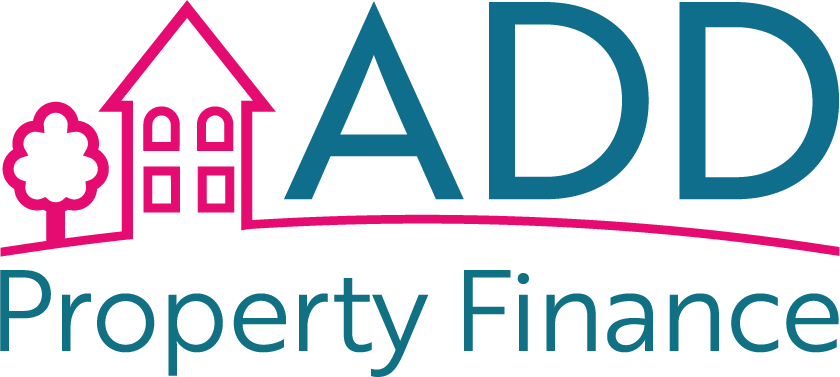Purchasing a home is a significant milestone, and for many, it involves obtaining a mortgage to finance the purchase. What some homeowners may not realise is that home insurance plays a crucial role in the mortgage process. In this article, we’ll explore the relationship between home insurance and mortgage lenders, including their requirements and how it impacts homeowners.
The Connection Between Home Insurance and Mortgage Lenders
When you take out a mortgage to buy a home, the property serves as collateral for the loan. Mortgage lenders have a vested interest in protecting their investment, which is where home insurance comes into play. Lenders often require borrowers to secure home insurance before finalizing the mortgage agreement. Here’s what you need to know:
1. Home Insurance is a Lender Requirement
Most mortgage lenders will require you to have a homeowners insurance policy in place before closing on the loan. This requirement is meant to safeguard the lender’s financial interest in the property. In essence, it ensures that if something were to happen to the home, such as damage from a fire or natural disaster, there would be funds available to repair or rebuild it.
2. Minimum Coverage Requirements
Lenders typically specify minimum coverage requirements that borrowers must meet. These requirements may vary depending on the location of the property and the lender’s policies. It’s crucial to review these requirements carefully and ensure your insurance policy complies with them. Failing to do so could result in delays in finalising your mortgage.
3. Escrow Accounts for Premium Payments
In some cases, lenders may establish an escrow account for your insurance premiums and property taxes. This means that a portion of your monthly mortgage payment goes into the escrow account, and the lender pays your insurance premiums and property taxes on your behalf when they come due. This ensures that these essential expenses are consistently covered.
4. Continuous Coverage
Once you secure a mortgage and fulfil your lender’s insurance requirements, it’s essential to maintain continuous coverage throughout the life of the loan. Canceling or allowing your insurance to lapse could trigger penalties and potentially put your mortgage in jeopardy.
5. Comparing Policies
While your lender may specify minimum coverage requirements, you have the flexibility to choose your insurance provider and policy. It’s advisable to shop around and compare policies to find the one that offers the right coverage for your needs at a competitive price.
6. The Importance of Adequate Coverage
While meeting your lender’s minimum requirements is necessary, it’s also crucial to ensure that your insurance coverage adequately protects your investment. Consider factors such as the cost of rebuilding your home, the value of your personal belongings, and any additional coverage you may need for items like jewellery or fine art.
Conclusion
Home insurance is not just a formality in the mortgage process; it’s a fundamental requirement that protects both you and your lender. Understanding your lender’s requirements, securing adequate coverage, and maintaining continuous insurance can help ensure a smooth mortgage experience and provide peace of mind as a homeowner. Be sure to discuss any insurance-related questions or concerns with your mortgage lender or insurance provider to ensure you meet all necessary requirements.







